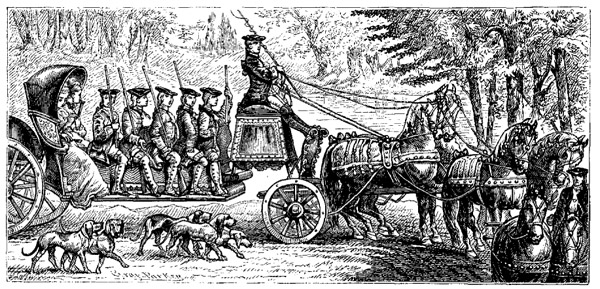
I’m told that seventeen films—commercial and documentaries—have been made about the murder of woman in Juárez. They are a way to avoid both facts and the city. The murder rate of women in Juárez over the past fifteen years is about the same as Mexico in general—about ten per cent of all homicides. The cases are never solved; neither are the cases of the men who comprise ninety per cent of the murders—see the documentary “Presumed Guilty” which came out in late 2008. Juárez kills everyone—in fact during this recent explosion which has made the city the most violent on earth, the percentage of women murdered has declined to about six per cent of the slaughtered. The U.S. average is twenty-one per cent. Juárez is a product of many things: Mexican corruption, a key crossing point for the drug industry, a failing economy. But at the bottom is poverty in a city that was and to some still is the poster child for NAFTA. —“The Exchange,” Meredith Blake interviews Charles Bowden at The Book Bench
What’s more destructive? Tornadoes or sororities?
this oil trumps both of them;
the chicken lollipop reinterpreted
As Manhattan grew more expensive during the 1990s, the city’s young would-be Bohemians were crowded out by well-paid financiers and consultants. The hardscrabble Brooklyn of Saturday Night Fever became but a distant memory as the proto-BroBo upper middle class started settling in the borough. With their arrival, the romantic idea of making it as an artist in New York was replaced by a dream of backyard parties, stoop sales, small plates and meticulously designed signage. This evolved into creatures enchanted by the spiffy, sexy suburbia of Mad Men and comforted by the summery chillness of the appropriately named, suburb-loving indie rock band Real Estate from Ridgewood, N.J. —“BroBos in Paradise,” Leon Neyfakh, The New York Observer
Despite the ugly stereotype that Filipinos are like crabs in a barrel pulling down those who get too close to the top, my experience is that we love when one of us succeeds. If a Filipino is singing on Oprah or replacing Steve Perry in Journey, we contact every Filipino in our address book. When my father, whose music collection is rich with Kenny Rogers and Chuck Mangione, asked if I’d heard about the Filipino in the Black Eyed Peas rapping about bebots, I knew the hive’s communication system was highly efficient. When I was a little girl, a Filipina appeared on our first color TV in a shimmering mermaid dress; my parents roused us out of bed to see a sight as rare as Halley’s Comet. All night long my parents’ phone rang, Filipinos congratulating each other as if Rosario Salayan, runner-up in the 1980 Miss Universe pageant, were their own daughter. We wore yellow during the People Power movement of 1986 and framed the front page of our local newspapers when Corazon Aquino was elected President. —“The Loneliest Thing on Earth,” Grace Talusan, The Rumpus
Advice for a president: resist the inevitable;
aswang tattoos and postcolonial scars;
a less-heroic Rizal than José



